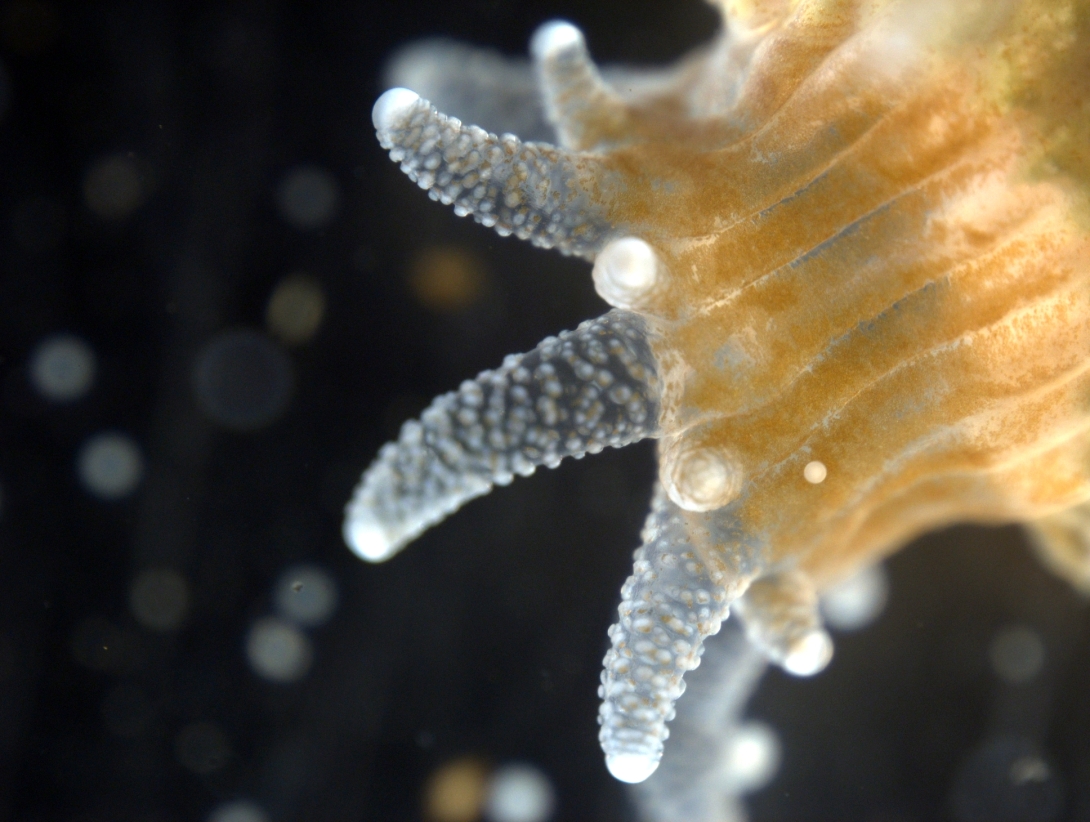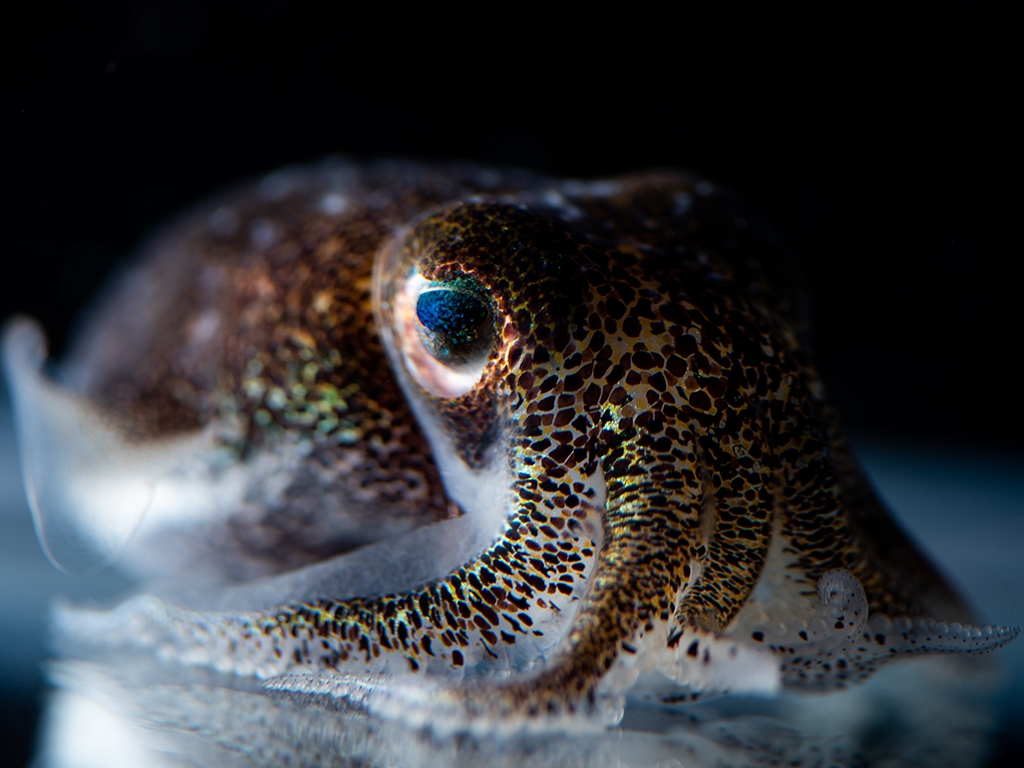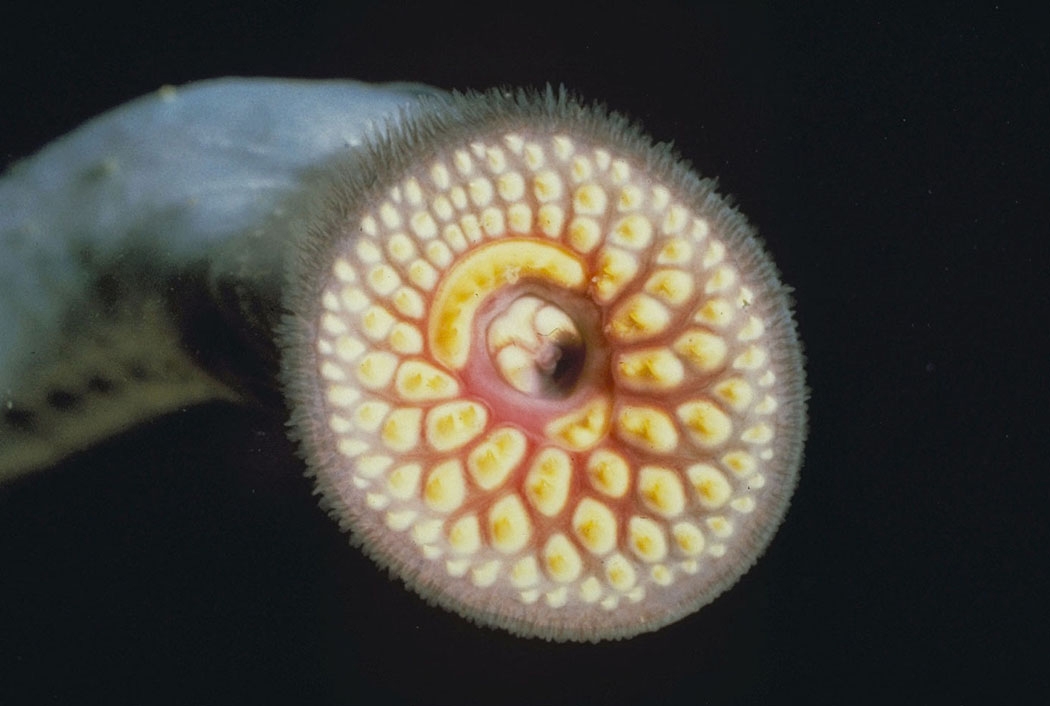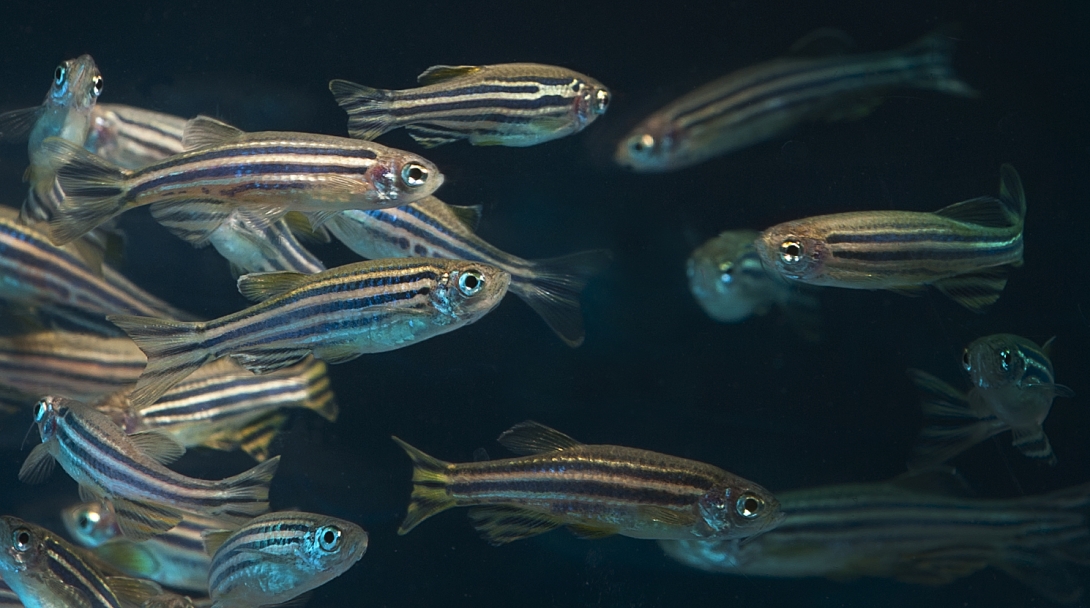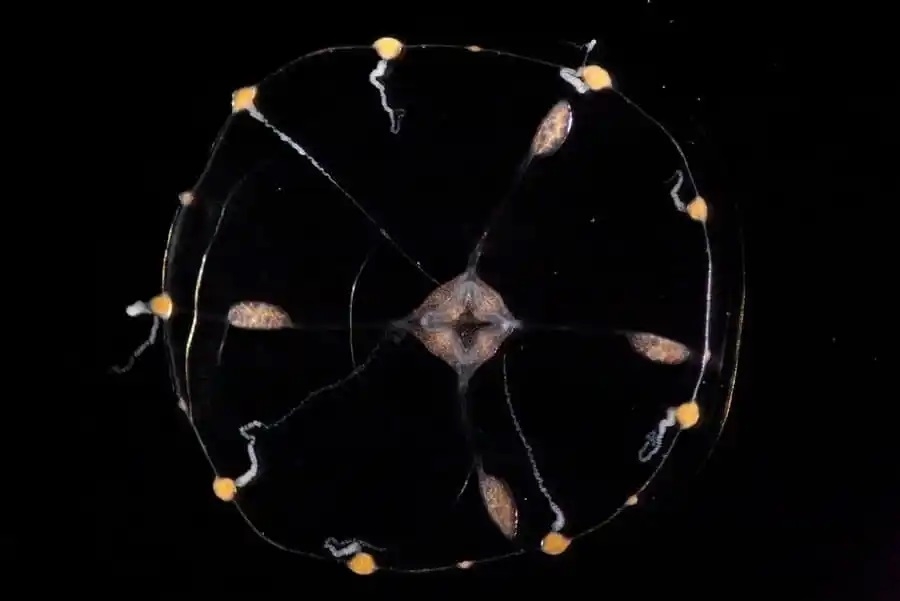MBL Awards Whitman Center Fellowships to 29 Outstanding Investigators

A diverse group of 29 scientists from 27 universities and research institutes worldwide have been named 2024 Whitman Center Fellows by the Marine Biological Laboratory (MBL). These fellowships enable exceptional scientists, including Early Career Fellows, to conduct independent research at the MBL and take advantage of its unique resources and highly collaborative scientific community.
Whitman Center Fellows are supported for up to 10 weeks to pursue research, particularly within these fields of strategic vision for MBL:
- Evolutionary, genetic, and genomic approaches in regenerative and developmental biology, microbiomes, and neuroscience with an emphasis on marine organisms.
- Integrated imaging and computational approaches to illuminate cellular function and biology emerging from the study of marine and other organisms.
- Integrated approaches to the study of microbial communities and marine organisms in coastal communities.
- Research on global change and ecosystem ecology including research that leverages the MBL's Long-Term Ecological Research site at Plum Island, Massachusetts as well as long-term study sites on Cape Cod.
“The Whitman Fellows are a talented and creative group of scientists and this year's cohort is no exception,” said Anne Sylvester, MBL director of research. “We look forward to welcoming this year's Fellows and can't wait to see how their research adds to the unique collaborative and innovative environment of MBL!”
The MBL provides access to state-of-the-art instrumentation, innovative imaging technology and research, genome sequencing, marine and freshwater research organisms, and modern laboratory facilities. It also offers an exceptionally dynamic, interactive, and creative scientific environment. In addition to its resident research programs, the MBL annually convenes hundreds of principal investigators, postdocs, graduate students, and research associates from around the world to participate in Whitman Center research, scientific discovery courses, lectures, and field studies.
This gallery shows just a few of the many organisms this year's Whitman Fellows will be researching.
Several of the 2024 Whitman Fellows are coming to the MBL for the first time to launch a new project, while others will continue research programs they established in the Whitman Center in prior years. The fellows are:
Whitman Early Career Fellows
Teresa Attenborough, University of Glasgow
A Single Cell Atlas of the Cercaria, the Human-Infective Aquatic Larval Stage of Schistosoma mansoni
Kathryn Feller, Union College
Neurobiological Investigation of Loom-Responsive Descending Interneurons in the Control of Mantis Shrimp Ballistic Strikes
Takato Honda, Massachusetts Institute of Technology
Investigation of Evolutionary Origin of Sleep States and State-Specific Neural Representations
Emily Junkins, University of California Santa Barbara
Evolution is Infectious: Phage Defense Mechanisms as a Driver of Diversification in Microbial Aggregates
James Lee, Rockerfeller University
Transgenic Analysis of the Novel, Arsenic-Resistant Nematode Tokorhabditis tufae
Duncan Leitch, University of California Los Angeles
Investigations of Sensory System Representation in the Midbrain
Heather Marlow, University of Chicago
Evolution of 3D Genome Folding Mechanisms and Gene Regulatory Strategies in Metazoans
Dragomir Milovanovic, German Center for Neurodegenerative Diseases (DZNE)
Condensate Biology of Synaptic Vesicle Clusters in the Synaptic Boutons of Lamprey
Jacob Musser, Yale University
The Evolutionary Origin of Synaptic Transmission in Early Animals
Horst Obenhaus, Kavli Institute for Systems Neuroscience at Norwegian University of Science and Technology (NTNU)
Investigations of Active Sleep in Cuttlefish and Octopuses
Otakar Strunecky, University of South Bohemia
Unraveling the Significance of Plasmid-Coded Cyanobacterial Nitrogen Fixation in Oceans: A Focus on Pseudanabaenales
José Vargas-Muniz, Virginia Polytechnic Institute and State University
Identifying Marine Fungi-Bacterial Interactions and Developing Genetic Tools for Marine-Derived Yeasts
Jacob Warner, University of North Carolina Wilmington
Developing Astrangia poculata as a Novel Model Organism for Studying Evolution and Development of Hard Corals
Whitman Fellows
Michael Barresi, Smith College
Comparative Investigation of CNS Development Between Zebrafish and Pygmy Zebra Octopus
Mary Elting, North Carolina State University
Toward a Biophysical Understanding of Ultrafast Contraction by the Unicellular Ciiliate Spirostomum ambiguum
Loyal Goff, Johns Hopkins University School of Medicine
Ultra-high Throughput Characterization of Cephalopod Brain Development at Single Cell Resolution
E.E. JUST FELLOW
Mandë Holford, The City University of New York (CUNY), Hunter College; American Museum of Natural History
Innervating Envenomation: Neuronal Control of Toxin Release in Cephalopods
Nicole King, University of California Berkeley
Darwin’s Origin of Species Viewed Through the Lens of Molecular and Cellular Biology
Peter Lenart, Max Planck Institute for Multidisciplinary Sciences
Translational Control of Oocyte Meiosis
Arthur Llobet, University of Barcelona
Use of Xenopus Tadpoles to Study the Role of Endolysosome Dynamics in Synaptic Remodeling
Emily Mace, Columbia University
Studying lymphocyte migration in 3D microenvironments using advanced and low phototoxicity imaging
NIKON FELLOW
Amy Maddox, University of North Carolina at Chapel Hill
Innovative Imaging of Cellular Dynamics
Jocelyn Malamy, University of Chicago
Abiotic and biotic signaling in the settlement of Clytia and Aurelia planula
Koenraad Martens, Royal Belgian Institute of Natural Sciences
Ostracods in a Changing World
Brian McDermott, Case Western Reserve University
The hair cell mechanotransduction apparatus of cephalopods
Tracy Quirk, Louisiana State University and Agricultural and Mechanical College
Examining Salt Marsh Species Interactions and Vegetation Dynamics Across 50 years of Nutrient-Enrichment and Sea-level Rise
E.E. JUST FELLOW
Sally Seraphin, Trinity College
The Evolutionary Developmental (Evo-Devo) Neurobiology of Early Stress in Niche Shifting Red-Eyed Tree Frogs (Agalychnis callidryas) and Glass Frogs (Hyalinobatrachium fleischmanni)
Francois Spitz, University of Chicago
Evolution of vertebrate 3D genome regulatory architecture in cyclostomes chondrichthyes and osteichthyes after whole-genome duplications
Robert Zeller, San Diego State University
Generation of CRIPSR/Cas9 knockouts in Ascidian embryos
The Whitman Center awards are named after scientist Charles Otis Whitman, founding director of the MBL in 1888 and later a faculty member at the University of Chicago.
